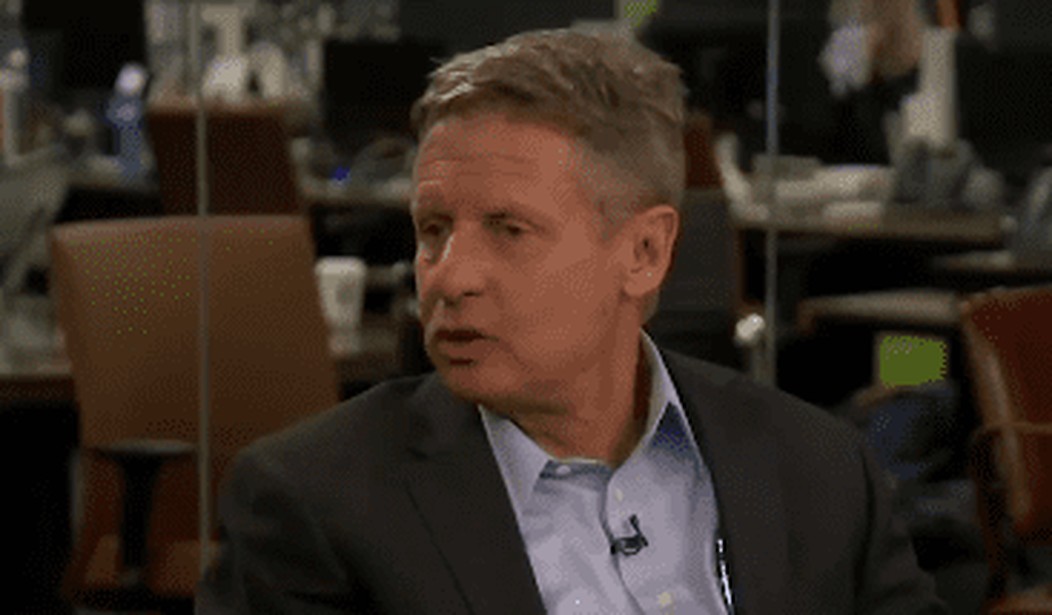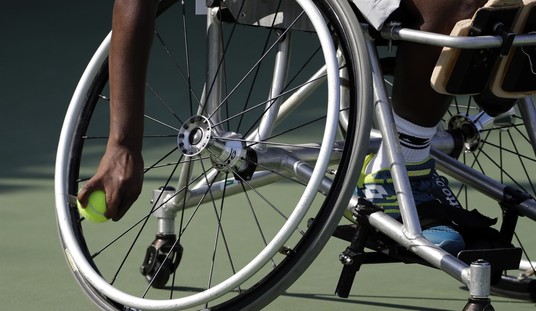WASHINGTON — FBI Director James Comey said Orlando shooter Omar Mateen expressed fidelity with a range of terrorist groups whose leaders are at odds with each other.
In a briefing on Sunday’s Pulse nightclub shooting, Comey told reporters “there are strong indications of radicalization by this killer and of potential inspiration by foreign terrorist organizations.”
“We are spending a tremendous amount of time, as you would imagine, trying to understand every moment of this killer’s path to that terrible night in Orlando to understand his motives and to understand the details of his life,” the director said, adding that would not be saying the killer’s name to deny him “a path to fame and recognition.”
“We are going through the killer’s life, as I said, especially his electronics, to understand as much as we can about his path and whether there was anyone else involved, either in directing him or in assisting him. So far, we see no indication that this was a plot directed from outside the United States, and we see no indication that he was part of any kind of network.”
Comey said it is “also not entirely clear at this point just what terrorist group he aspired to support — although, he made clear his affinity at the time of the attack for ISIL and generally leading up to the attack for radical Islamic groups.”
Mateen made three different calls to 911 around the time of the 2:30 a.m. shooting.
“He called and he hung up. He called again and spoke briefly with the dispatcher and then he hung up. And then the dispatcher called him back again and they spoke briefly. So there were three total calls,” Comey said. “During the calls he said he was doing this for the leader of ISIL, who he named and pledged loyalty to, but he also appeared to claim solidarity with the perpetrators of the Boston Marathon bombing and solidarity with a Florida man who died as a suicide bomber in Syria for al-Nusra Front, a group in conflict with the so-called Islamic State. The bombers at the Boston Marathon and the suicide bomber from Florida were not inspired by ISIL, which adds a little bit to the confusion about his motives.”
“And of course, we are working understand what role anti-gay bigotry may have played in motivating this attack, and attack that occurred during the very month when we recognize and celebrate our LGBT brothers and sisters.”
The FBI director said that while “working hard to understand the killer and his motives and his sources of inspiration,” officials “are highly confident that this killer was radicalized and at least in some part through the Internet.”
When the FBI investigated Mateen in 2013, “first, he claimed family connections to al-Qaeda; he also said that he was a member of Hezbollah, which is a Shia terrorist organization that is a bitter enemy of the so-called Islamic State.”
“He said he hoped that law enforcement would raid his apartment and assault his wife and child so that he could martyr himself,” Comey continued. “When this was reported to us, the FBI’s Miami office opened a preliminary investigation and over the next 10 months we attempted to determine whether he was possibly a terrorist, something we do in hundreds and hundreds of cases all across the country.”
“Our investigation involved introducing confidential sources to him, recording conversations with him, following him, reviewing transactional records from his communications, and searching all government holdings for any possible connections, any possible derogatory information.”
Mateen told investigators that he did make those statements, but just “because he thought his coworkers were discriminating against him and teasing him because he was Muslim.” The investigation lasted 10 months before the case was closed.
Comey said the FBI will review how the case was handled, but added that he didn’t see anything “that our agents should have done differently.”
“Our work is very challenging. We are looking for needles in a nationwide hay stack, but we are also called upon to figure out which pieces of hay might some day become needles,” he said. “That is hard work. If we can find a way to do that better, we will.”








Join the conversation as a VIP Member